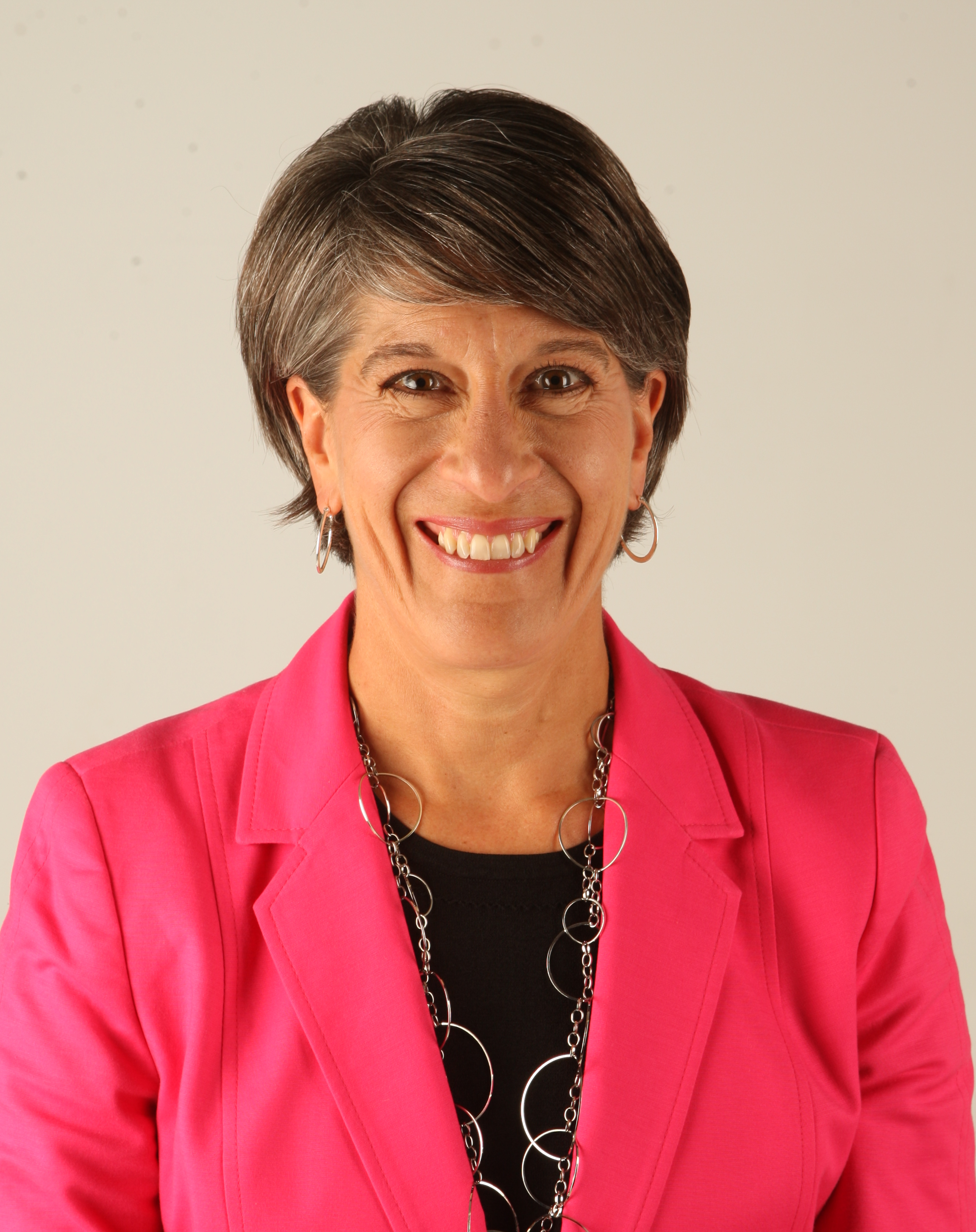If your marriage was in trouble, with whom would you be most likely to confide in:
• Pastor/rabbi
• Female friend
• Co-worker
• Male friend
• Family member
"Results from our online survey indicate that people are most likely to confide in a female friend followed by a family member, male friend and co-worker," says Dr. Bill Doherty, professor at the University of Minnesota and developer of the Marital First Responder training. "This is important information because what we know based on experience is friends and family can be helpful, but they can also throw gasoline on the fire by taking sides, giving pointed advice or criticizing the other spouse."
After working in the field of marriage and family for years and seeing this go on, Doherty and his daughter, Elizabeth Doherty Thomas, came up with the concept of Marital First Responders.
"How many times have you been in a situation where a friend or family member confided in you that their marriage was in trouble, and you honestly had no idea what to say?" asks Doherty. "I think it is very important for people to be able to find support from those who love them and truly have their best interests at heart.
"A couple of years ago, I found a journal article about Mental Health First Aid Training in Australia. It was started by a couple who were dealing with mental health issues. Within 10 years, 1 percent of the entire adult population in Australia had gone through this training. It has now gone worldwide. I thought, 'If they can do this for mental health, surely we can do it for marriage.
"One woman shared that, after she learned of her husband's affair, she kicked him out and went straight to a divorce lawyer," says Doherty. "In the midst of the chaos, she confided in a longtime friend about what had happened. The friend shared that 25 years ago she had had an affair, but instead of divorcing, she and her husband talked about it, got help and worked things out. The woman admired her friend and thought, 'If they can figure out a way to make it work, I should at least try to make our marriage work.' Both couples are together today as a result of the helpful words from a trusted friend."
National Marriage Week kicked off on Saturday. While marriage may not be a panacea for all social ills, the research is solid that a healthy marriage benefits society at large. Whether you are married or not, you can help your friends who are married by being a good friend to their marriage.
Also, be intentional about celebrating and taking care of your own marriage and the marriages around you. If people naturally confide in you, consider participating in the First Responder training on Feb. 21-22. For more information, visit www.maritalfirstresponders.com.
Julie Baumgardner is president and CEO of First Things First. Contact her at julieb@firstthings.org.

